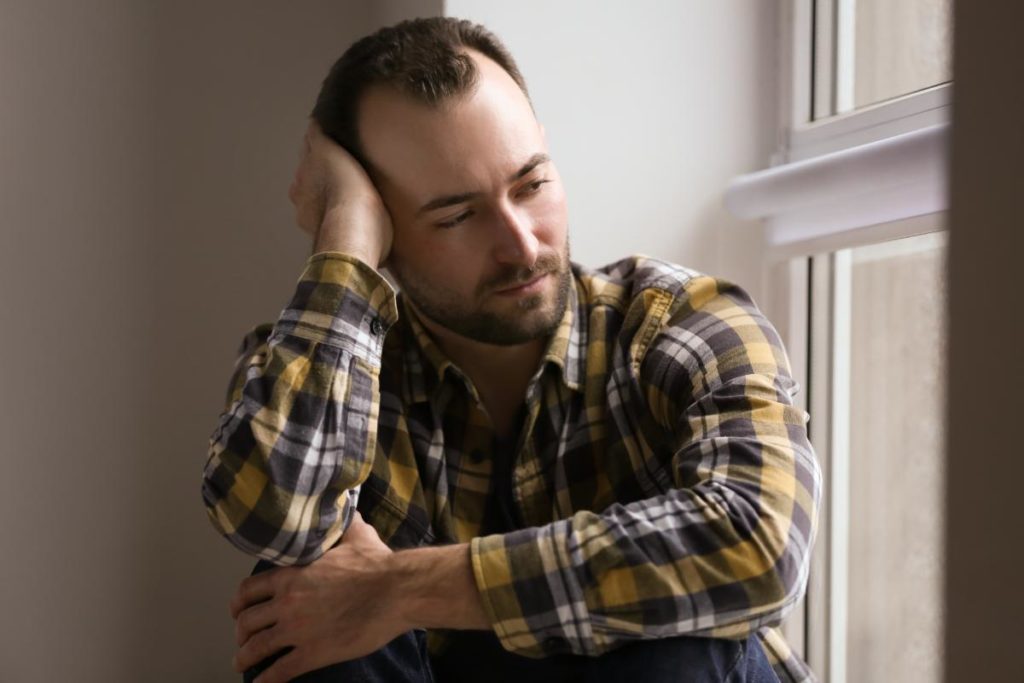GHB is a party drug that is popular in the dance and nightclub scene. Given the environment in which GHB is usually taken, it’s not unlikely for someone to take both GHB and drink alcohol at the same time. Like with any drug, mixing GHB and alcohol can lead to serious, and sometimes unexpected, side effects. Ingesting both substances at the same time also increases a person’s risk of overdosing. If you or a loved one is struggling with addiction, getting help from a reputable rehab facility like The Bluffs is always the best course of action.
At The Bluffs, we believe that physical healing from addiction is not enough without mental and emotional healing as well. Our experienced, caring staff employs a comprehensive approach to addiction treatment by incorporating various evidence-based therapies that result in genuine recovery and long-lasting sobriety. If you are looking for an addiction treatment program that is tailor-made to your specific needs, contact us at 330.919.9228 today to learn more about what we can offer.
What Do GHB and Alcohol Do to Your Brain?
Alcohol is probably the most widely abused substance in the world today. It is legal in most locations and widely available despite being mind- and mood-altering. When someone is under the influence of alcohol, their body temperature, heart rate, and respiration can be reduced. GHB, on the other hand, can suppress breathing and heart rate, which can lead to blackouts. Due to this, GHB is sometimes used by sexual predators who will slip it into the drinks of unsuspecting bar patrons.
Alcohol and GHB are both depressant substances that affect the parts of the brain that control movement, coordination, memory, mood, and decision-making abilities. They also increase dopamine levels in the brain, causing feelings of euphoria and intoxication. When taken together, GHB and alcohol can heighten these side effects, resulting in faster intoxication.
What Are the Side Effects of GHB and Alcohol?
Mixing two depressants, such as GHB and alcohol, can be dangerous, and these two substances together are a major cause of many drug-related emergencies. Taking GHB with alcohol can not only increase the risk of overdose, but it also has many dangerous side effects, such as:
- Nausea and vomiting
- Decreased body temperature, weak pulse, and irregular heart rate
- Amnesia, confusion, or psychosis
- Respiratory failure
- Paralysis
- Seizures, loss of consciousness, or coma
- Death
Both alcohol and GHB are addictive substances that can cause physical dependence over prolonged use. Unfortunately, that dependence may manifest sooner when both are taken together. Taking both substances at the same time may also lead to increased dosing as the person may lose the ability to control the amount they take.
When the brain and body become accustomed to the presence of a drug, it may become difficult to maintain function once the substance is no longer being ingested. This is what causes withdrawal symptoms. Both GHB and alcohol have intense withdrawal symptoms on their own. Weaning off both at the same time can be life-threatening. The withdrawal symptoms include:
- Cravings, sweating, panic attacks, or tremors
- Nausea and vomiting
- Confusion, agitation, irritability, anxiety, depression, hallucinations, or psychotic thoughts
- Insomnia
- Increased or irregular heart rate and blood pressure
- Seizures
The seizures that one can experience during withdrawal can be fatal. This is why detox should be done under the supervision and guidance of experienced medical professionals. Overcoming addiction to GHB and alcohol is possible with the right medical intervention and treatment.
Get Drug and Alcohol Detox in Ohio
Here at The Bluffs, we give our patients the support and guidance that they need to recover from addiction. We offer a wide variety of programs and services that encompass the full continuum of care from detox and recovery to lifelong abstinence. Contact us at 330.919.9228 today to take the first step toward a healthier future.








